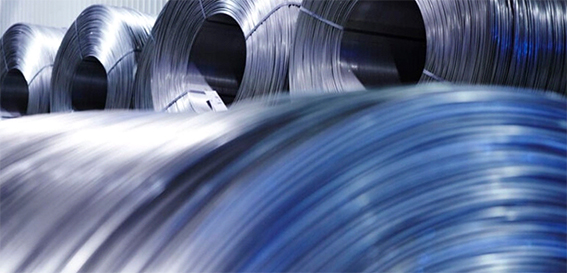Mining company Rio Tinto and cable supplier Prysmian have joined forces to develop a more environmentally friendly supply chain in North America. Its goal is to provide the materials needed to expand electricity grids and support the transition to cleaner energy sources.
It is estimated that energy production through renewable sources in the United States will increase from 21% in 2021 to 44% in 20501, implying large investments in electrical infrastructure and increasing the need for innovative materials for electrification projects.
To respond to increased demand, Rio Tinto and Prysmian have signed a five-year agreement to supply low-carbon aluminum produced with renewable hydroelectric power from operations in Canada. This collaboration supports Prysmian’s efforts to reduce its carbon footprint and achieve its goal of becoming carbon neutral by 2050.
The two companies have entered into an agreement to work together to develop new technologies and multi-material solutions in response to the growing demand for electrification in North America. This agreement will allow them to leverage their knowledge and experience in research and development to offer better solutions to the market.
Rio Tinto’s vice president of aluminum sales, Amy Abraham, indicated that they are happy to collaborate with Prysmian in strengthening their North American supply chain for aluminum produced under strict sustainability standards. He also mentioned the importance of developing advanced materials for the production of electrical cables, as these are essential for expanding the power grids needed in the transition to renewable energy sources and a lower carbon future.
On the other hand, Andrea Pirodini, CEO of Prysmian Group North America, expressed his excitement to work with Rio Tinto and obtain green aluminum that will help them move towards more sustainable cable production. At Prysmian, they are focused on collaborating with customers and suppliers to lead the sustainable energy transition in North America. Thanks to strategic partners such as Rio Tinto, Prysmian aims to achieve zero net emissions throughout its value chain by 2050.











